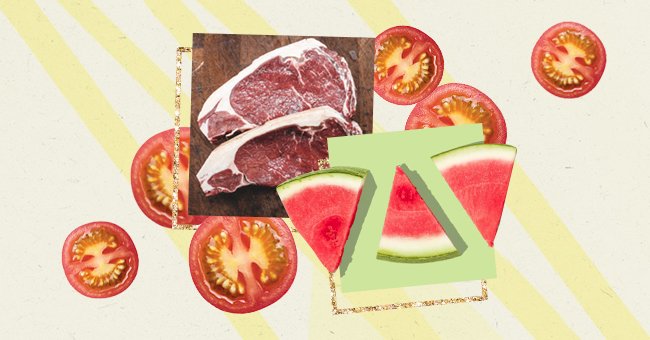
10 Foods You Should Never Put In The Fridge
Our home refrigerator can hold many foods, but not all. So, be very careful when selecting what is and what is wrong with our refrigerator.
This is because the refrigerator can even cause food to rot or eliminate the properties of food faster.
We always thought it was essential to store food in the fridge properly, but we forgot that some products would look better in the pantry at room temperature. Others even benefit from the open air.
1. Coffee

Photo by ?? Janko Ferlič on Unsplash
We know it's essential to keep your coffee grounds or beans somewhere cool, but the fridge or freezer will create too much moisture in the package.
Moisture can turn your coffee beans bad quickly, and this will ruin the taste. Your fridge or freezer will cause even more moisture by creating condensation.
2. Meat And Fish
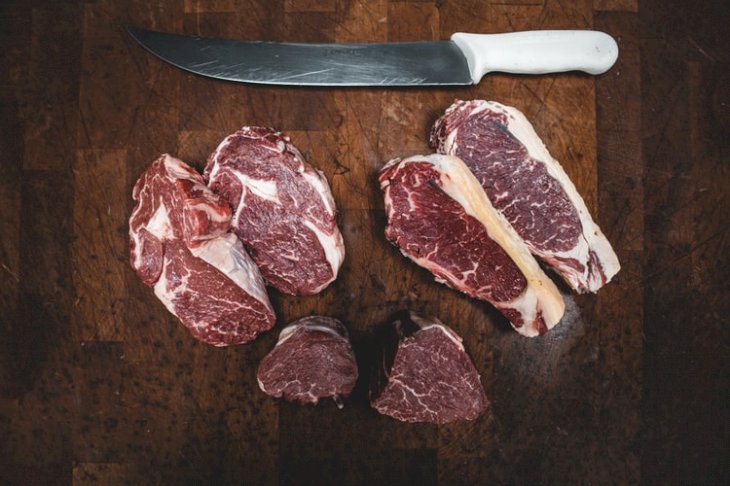
Photo by Kyle Mackie on Unsplash
They must be stored on a low shelf at a temperature between 0° and 4°C and must be consumed within three days. Gutted and washed fish and minced meat are exceptions, which you can store for 24 hours.
You can then freeze the meat in the freezer for up to six months. The same goes for lean fish (such as cod), while fatty fish (such as salmon) can remain in the freezer for three months.
3. Tomatoes
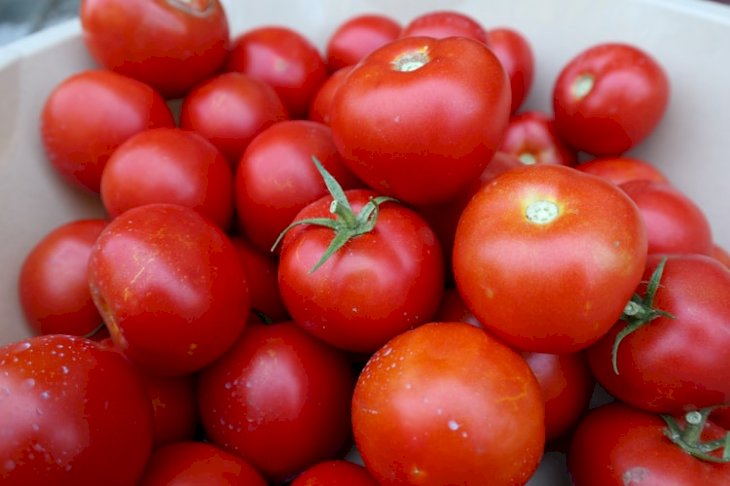
Photo by Kiriakos Verros on Unsplash
If you're growing tomatoes, you may have noticed that even freshly picked tomatoes taste sweet and watery after a night in the fridge. This is because refrigeration damages the membranes within the fruit walls, causing them to become fleshy and blah.
It is best to keep them on the counter where they continue to ripen after harvest; if you have riper tomatoes, then you can eat them before they become mushy.
4. Watermelons
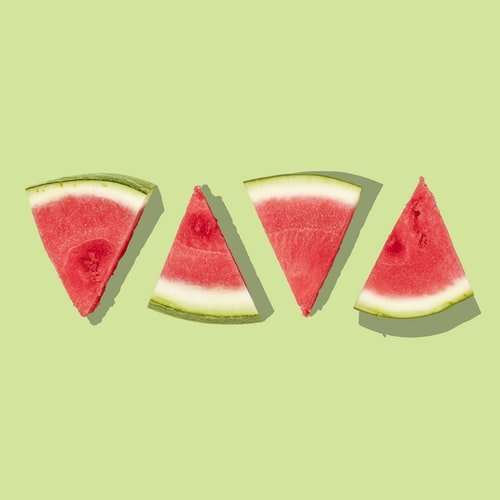
Photo by Amy Shamblen on Unsplash
Watermelons kept at room temperature before slicing have significantly more antioxidants than melons stored in the refrigerator. Temperature can affect how carotenoid compounds, a type of antioxidant in watermelon, are formed.
Researchers say fruits last longer outside the fridge than inside: the average shelf life of a watermelon stored at 55 degrees is 2 to 3 weeks, but it will start to deteriorate in less than a week in a refrigerator. 40 degrees.
5. Green Bananas
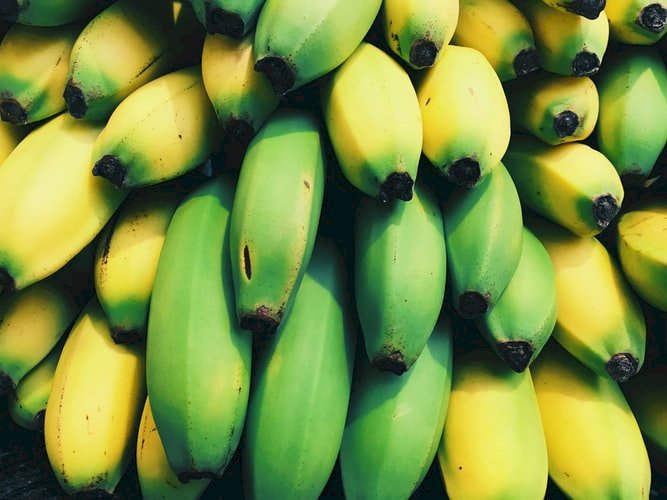
Photo by Scott Webb on Unsplash
These are tropical fruit, so they like warm temperatures. Colds interrupt their ripening process forever, so green bananas in the fridge mean green bananas forever. It is also true that banana peels will turn completely black in the refrigerator, but the fruit itself will do just fine.
It is recommended to let bananas sit on the counter until they reach the ripeness of your choice and then transfer them to the refrigerator to keep them at their prime for a few more days.
6. Honey
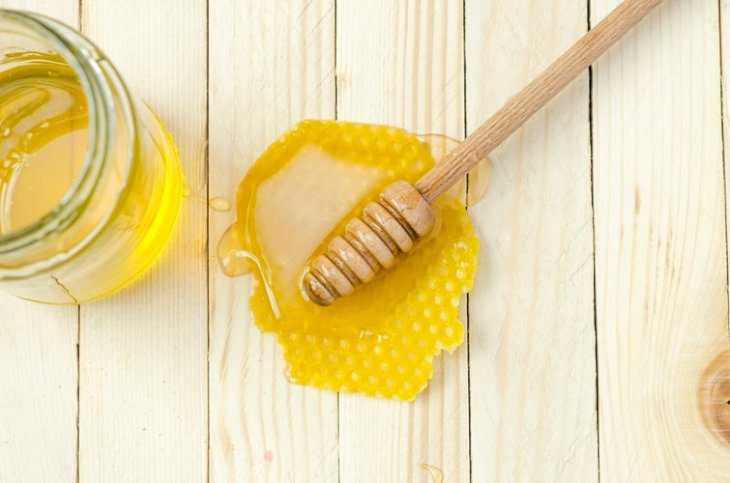
Photo by Alexander Mils on Unsplash
The honey should be kept tightly closed in the cupboard: in the refrigerator may crystallize. The case is different regarding jam, which instead must be kept in the fridge to avoid moldy.
7. Steaming Hot Leftovers
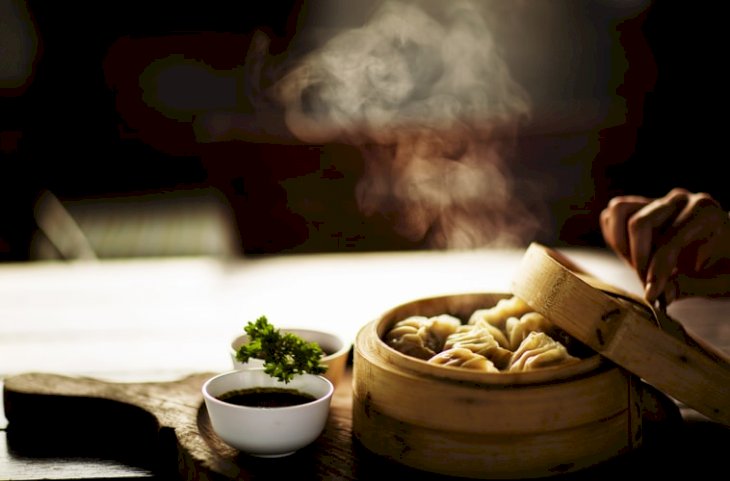
Photo by Pooja Chaudhary on Unsplash
Allow leftovers to cool to room temperature before storing them away, the NHS advises. Hot foods can raise the temperature inside the refrigerator, promoting the growth of bacteria. Plus, adding heat means your fridge has to work harder to cool down, increasing energy usage.
8. Basil
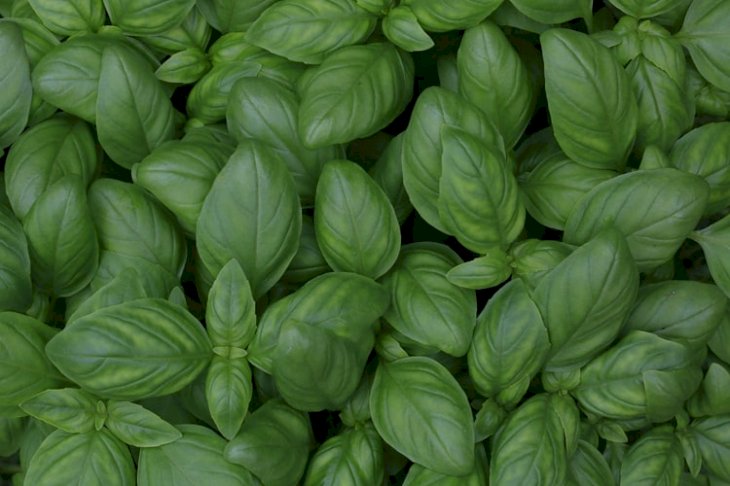
Photo by Rob Pumphrey on Unsplash
Fresh basil turns black and gross after overnight in the fridge. It is simply too cold for the tender leaves of basil. Furthermore, basil is extremely sensitive to ethylene. This is a gas that fruits emit as they ripen, but it also causes the wilting of green leafy vegetables.
So when you keep basil locked up in a drawer with other products, it makes things worse. Instead, keep the basil in a jar of water on the counter.
9. Onions
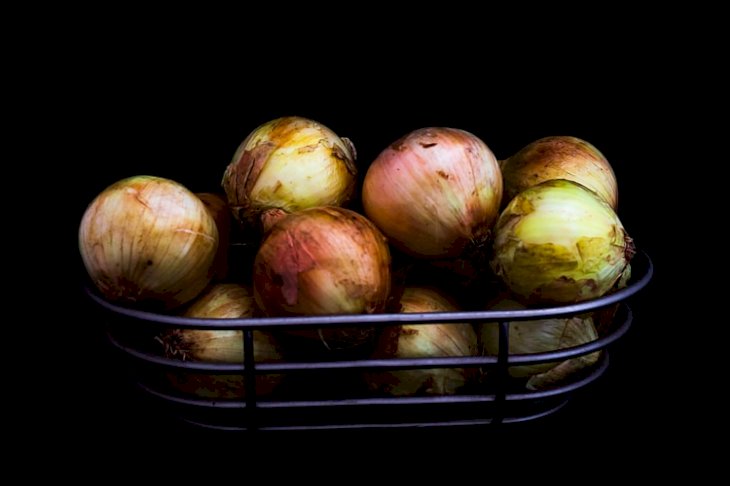
Photo by Fran Hogan on Unsplash
You will find a net with onions on almost any supermarket counter. But actually, onion is best stored in a dark place at room temperature.
However, this only applies to whole onions; if you need to keep the other half in the fridge after cooking them.
10. Avocado
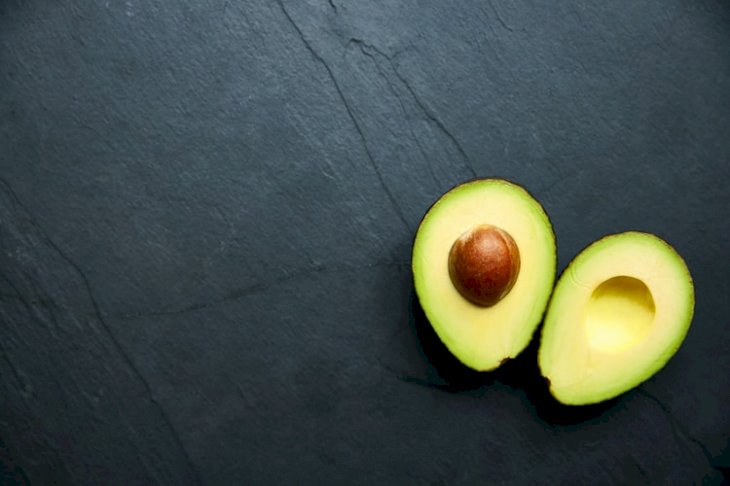
Photo by Dirk Ribbler on Unsplash
The refrigerator prevents the avocado from ripening, so it is best to keep it outside. However, if the avocados are ripe but you don't have time to eat them, you can put them in the fridge and keep them a little longer.